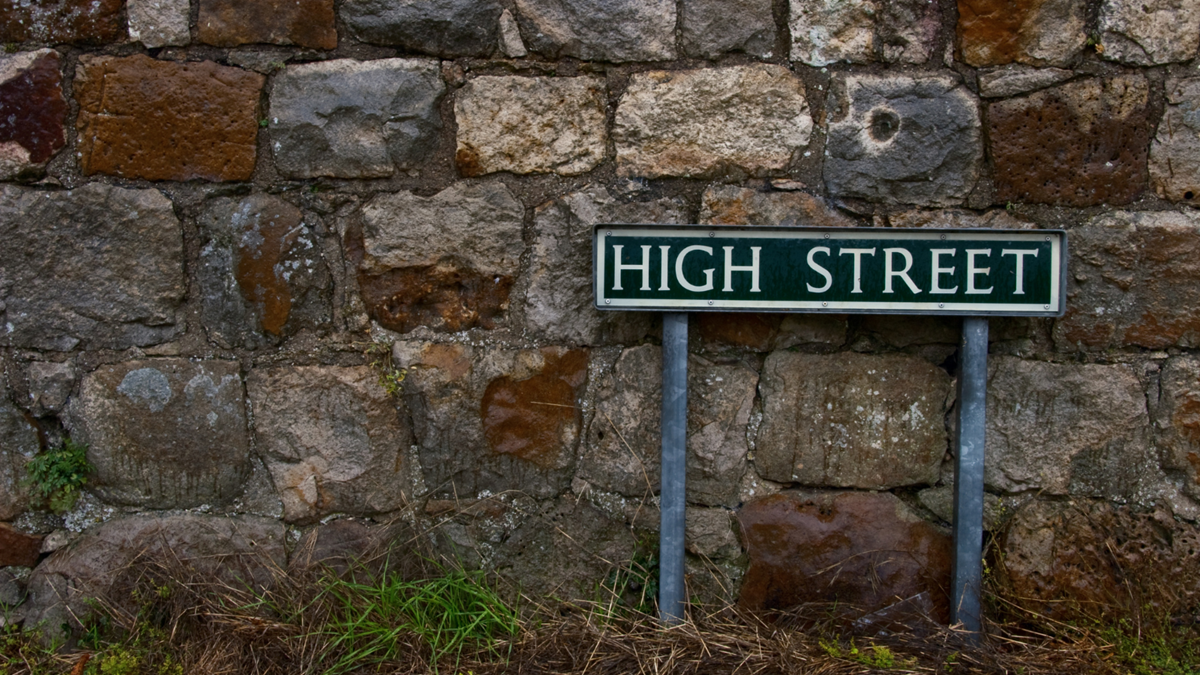The everyday wish list that we heard for levelling up was far removed from the grand projects that often animate policy makers and politicians.
The idea of investment in major infrastructure was met with a shrug – projects such as HS2 were ultimately seen as being about the interests of big cities, rather than making it easier for them to get about. While the idea of intricate new constitutional structures for decision making or clever metrics to measure disparities did not lead to much excitement.
Nor do people think that levelling up is a project where everyone can be a winner.
In fact, a clear majority of the public think that it is fair that London and the South East become less prosperous to deliver levelling up – something that reflects not malice or envy towards more affluent parts of the country (in fact even 45 per cent of those living in the South agree) – but instead a conviction that these areas had more than their fair share of attention and that it is time Government attention was turned elsewhere.
And while the public recognise that you can’t turn areas around overnight, they do expect to see visible signs of improvement in the next few years – and will hold politicians to account for delivering it.
In our polling, a clear majority said that delivering levelling up will be an important issue in the next election - and of the group of voters that turned most strongly towards the Conservative Party at the last election, we found seven in ten identifying it as a top issue for determining their vote.
For the Conservatives, whether led by Boris Johnson or not, being seen to deliver on levelling up will then be what determines the success of any reset. For the Labour Party outlining a credible plan for community regeneration is a prerequisite to regaining the trust of those voters who left them in 2019.
But more than this, the importance of delivering the promise of levelling up matters beyond any short-term political considerations. Over recent years it has become abundantly clear that a significant part of our country feels that our political system is, at best, failing to deliver for them and their families, and at worst is actively rigged against them.
As we enter 2022 with pandemic fatigue running high, and a cost-of-living crisis starting to bite, those feelings will likely only get stronger. What our research shows today is that the best way to counter them is for people to start to see and feel real improvements in their every day. That is what levelling up must do.
Luke Tryl is UK director of More in Common
